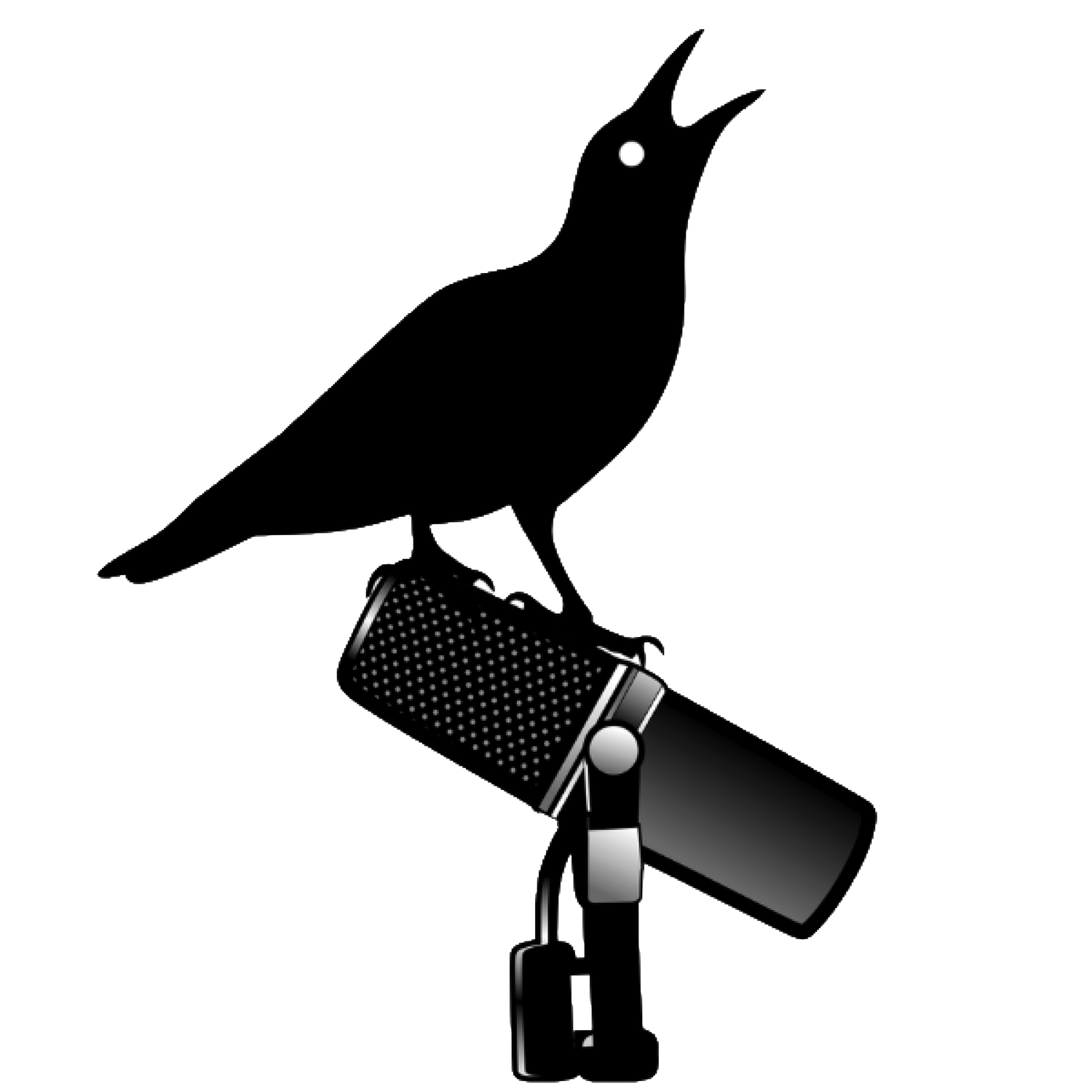#ATCF Book Club
Book Club takes place on either Zoom, or occasionally in the AVN Underground Bar.

A Wrinkle in Time by Madeleine L'Engle
It was a dark and stormy night; Meg Murry, her small brother Charles Wallace, and her mother had come down to the kitchen for a midnight snack when they were upset by the arrival of a most disturbing stranger.
"Wild nights are my glory," the unearthly stranger told them. "I just got caught in a downdraft and blown off course. Let me sit down for a moment, and then I'll be on my way. Speaking of ways, by the way, there is such a thing as a tesseract."
A tesseract (in case the reader doesn't know) is a wrinkle in time. To tell more would rob the reader of the enjoyment of Miss L'Engle's unusual book. A Wrinkle in Time, winner of the Newbery Medal in 1963, is the story of the adventures in space and time of Meg, Charles Wallace, and Calvin O'Keefe (athlete, student, and one of the most popular boys in high school). They are in search of Meg's father, a scientist who disappeared while engaged in secret work for the government on the tesseract problem.

The Count of Monte Cristo by Alexandre Dumas
Thrown in prison for a crime he has not committed, Edmond Dantes is confined to the grim fortress of If. There he learns of a great hoard of treasure hidden on the Isle of Monte Cristo and he becomes determined not only to escape, but also to unearth the treasure and use it to plot the destruction of the three men responsible for his incarceration. Dumas’ epic tale of suffering and retribution, inspired by a real-life case of wrongful imprisonment, was a huge popular success when it was first serialized in the 1840s.
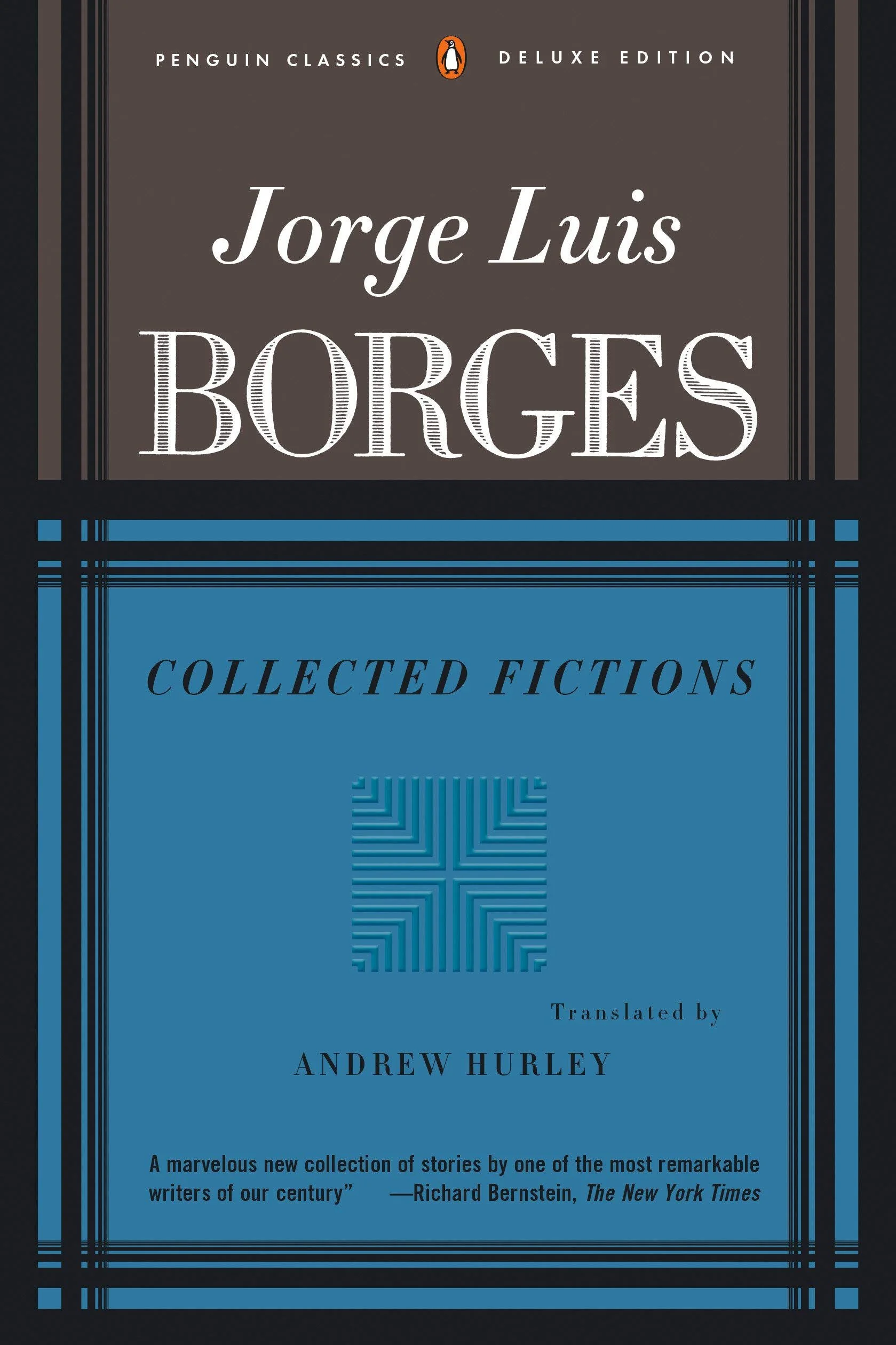
Collected Fictions by Jorge Luis Borges
From Jorge Luis Borges’s 1935 debut with The Universal History of Iniquity, through his immensely influential collections Ficciones and The Aleph, these enigmatic, elaborate, imaginative inventions display his talent for turning fiction on its head by playing with form and genre and toying with language. Together these incomparable works comprise the perfect one-volume compendium for all those who have long loved Borges, and a superb introduction to the master's work for those who have yet to discover this singular genius.
We encourage everyone to read the full book, but it's a lengthy collection, so at bare minimum, @plantimals has selected the following as the must reads that we will focus most of our discussion on:
Tlon, Uqbar, Orbis Tertius
The Circular Ruins
The Lottery in Babylon
The Library of Babel
The Immortal
The Aleph
The Zahir

Zorba the Greek by Nikos Kazantzakis
First published in 1946, Zorba the Greek, is, on one hand, the story of a Greek working man named Zorba, a passionate lover of life, the unnamed narrator who he accompanies to Crete to work in a lignite mine, and the men and women of the town where they settle. On the other hand it is the story of God and man, The Devil and the Saints; the struggle of men to find their souls and purpose in life and it is about love, courage and faith.
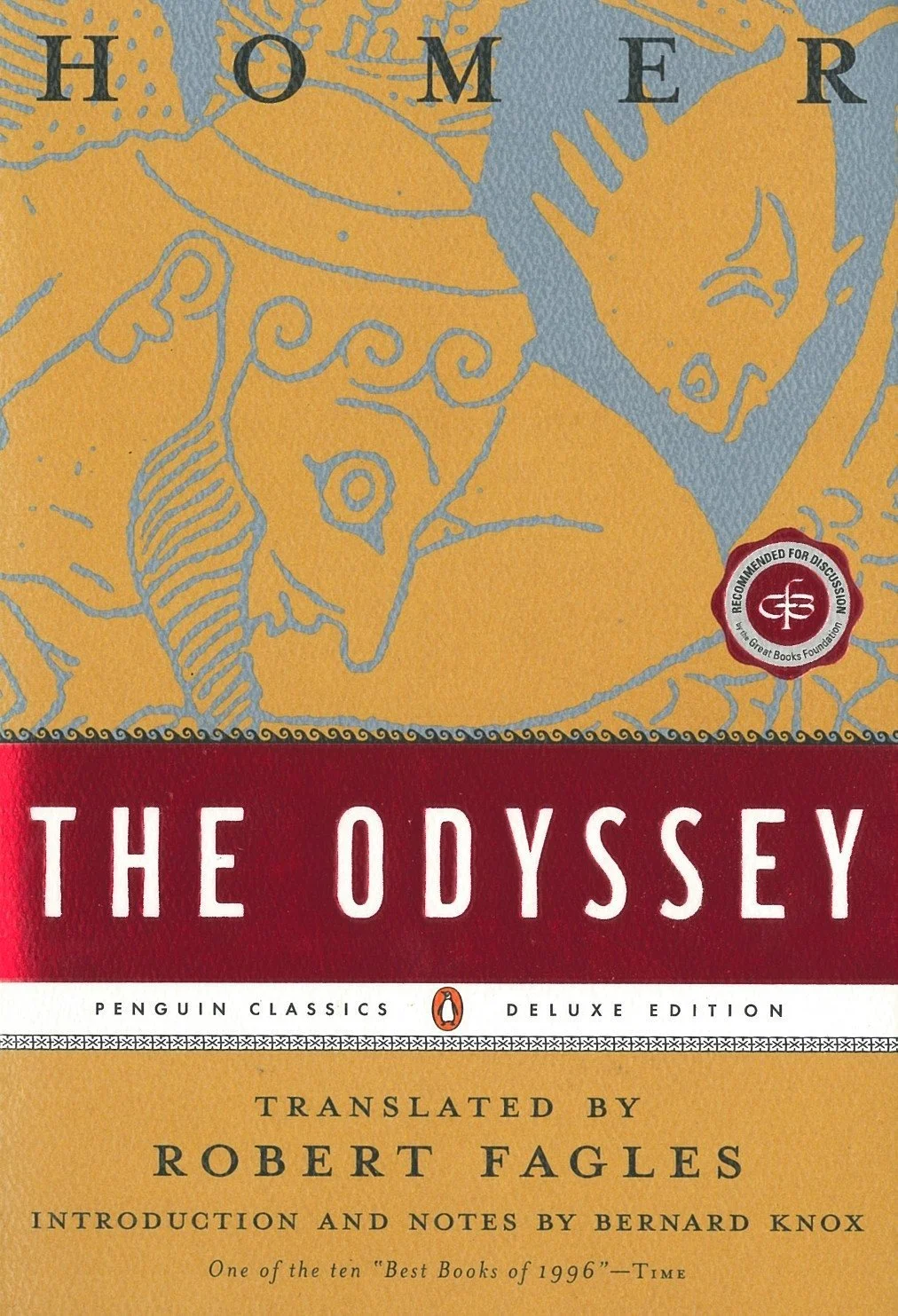
The Odyssey by Homer
The Odyssey is one of two major ancient Greek epic poems attributed to Homer. It is one of the oldest extant works of literature still widely read by modern audiences. As with the Iliad, the poem is divided into 24 books. It follows the Greek hero Odysseus, king of Ithaca, and his journey home after the Trojan War.

Dune by Frank Herbert
Frank Herbert’s classic masterpiece—a triumph of the imagination and one of the bestselling science fiction novels of all time.
Support the book club by purchasing it here: https://amzn.to/3J1ph7R
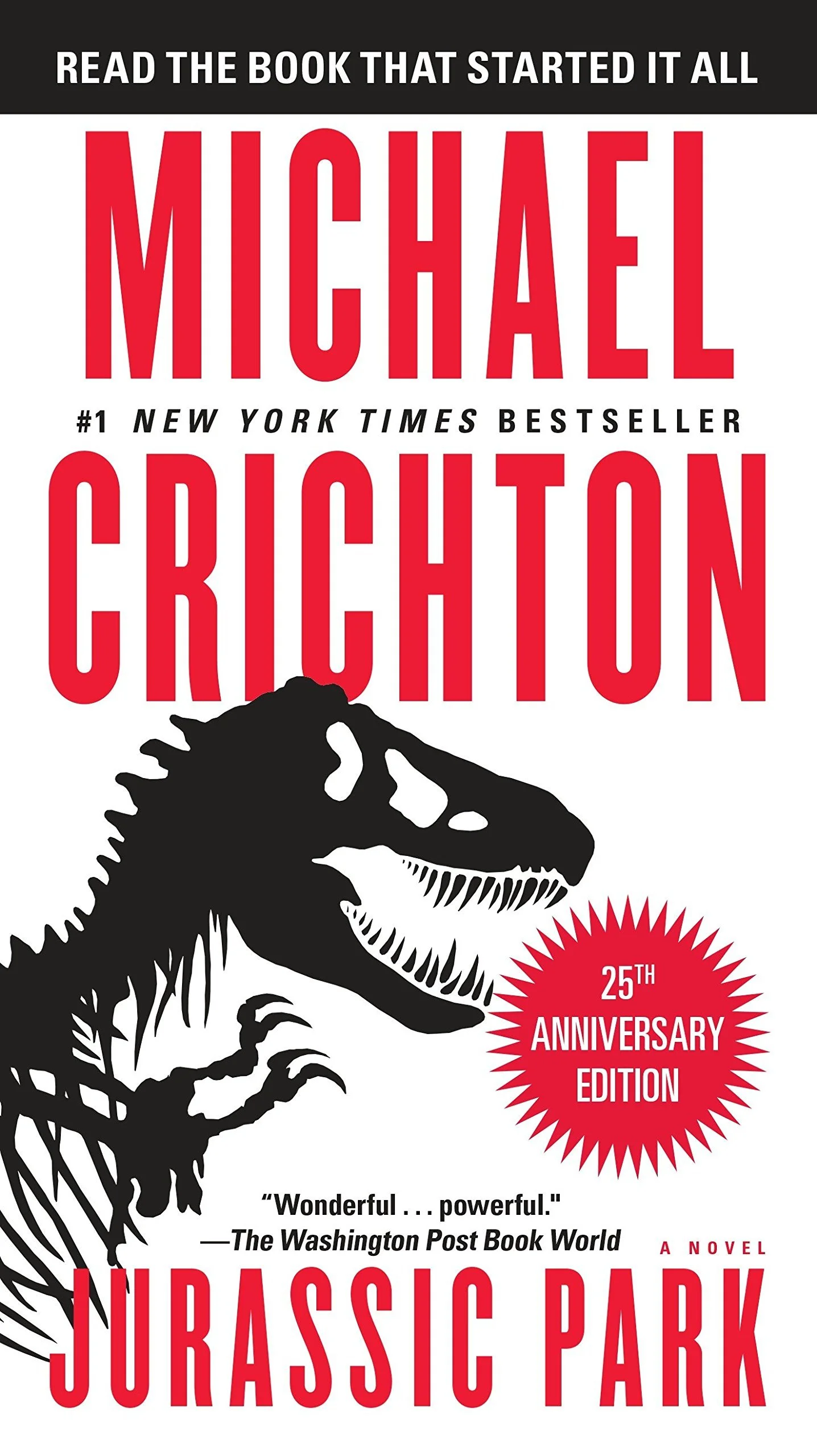
JURASSIC PARK BY MICHAEL CRICHTON
An astonishing technique for recovering and cloning dinosaur DNA has been discovered. Now humankind’s most thrilling fantasies have come true. Creatures extinct for eons roam Jurassic Park with their awesome presence and profound mystery, and all the world can visit them—for a price.
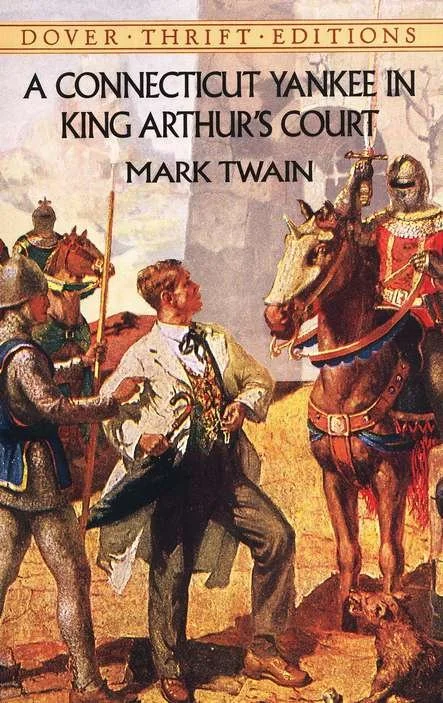
A CONNECTICUT YANKEE IN KING ARTHUR’S COURT BY MARK TWAIN
Cracked on the head by a crowbar in nineteenth-century Connecticut, Hank Morgan wakes to find himself in King Arthur’s England. After using his knowledge of an upcoming solar eclipse to escape a death sentence, Hank must then navigate his way through a medieval world whose idyllic surface masks fear, injustice, and ignorance.

ALAS, BABYLON BY PAT FRANK
“Alas, Babylon.” Those fateful words heralded the end. When the unthinkable nightmare of nuclear holocaust ravaged the United States, it was instant death for tens of millions of people; for survivors, it was a nightmare of hunger, sickness, and brutality. Overnight, a thousand years of civilization were stripped away.
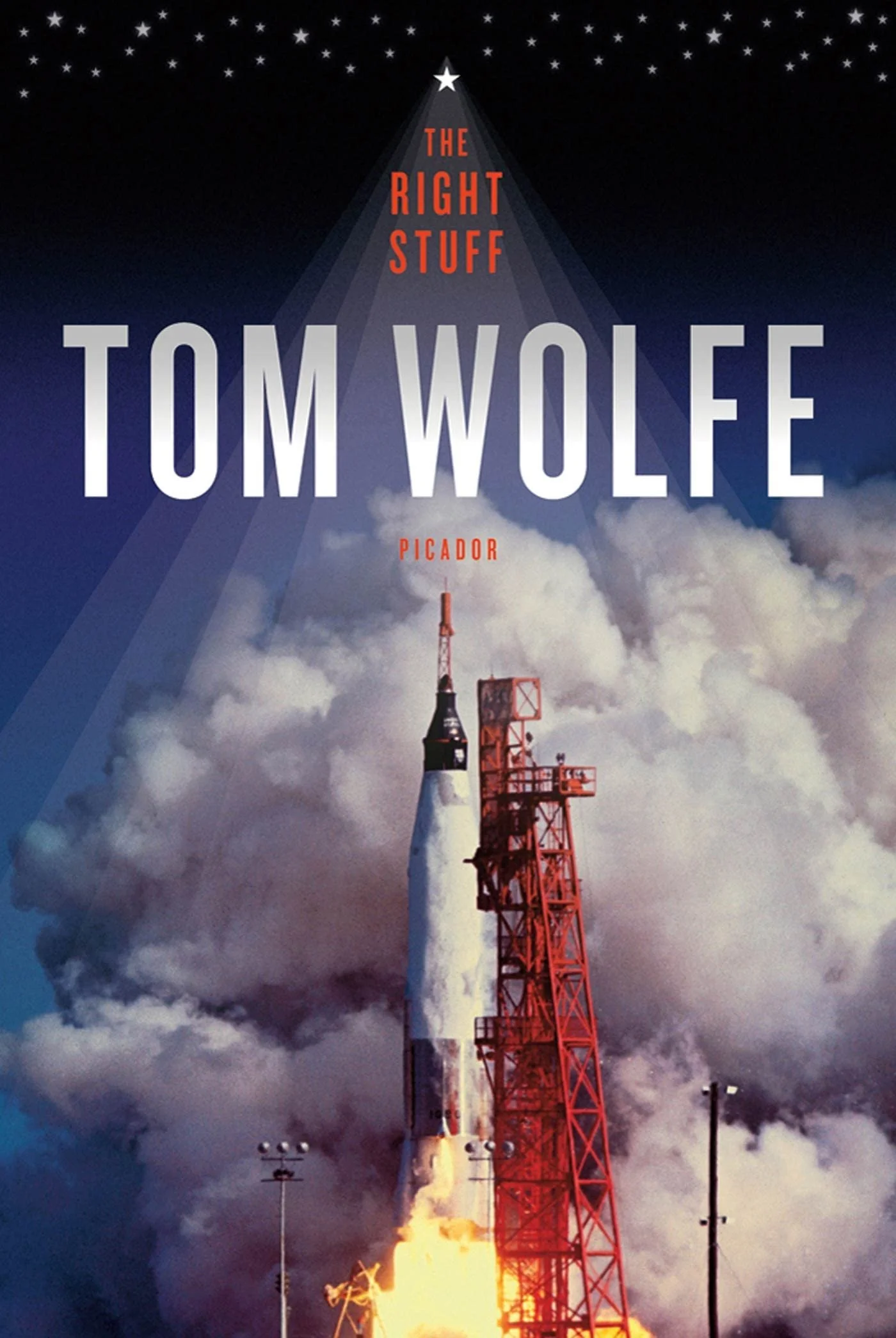
THE RIGHT STUFF BY TOM WOLFE
Millions of words have poured forth about man's trip to the moon, but until now few people have had a sense of the most engrossing side of the adventure; namely, what went on in the minds of the astronauts themselves - in space, on the moon, and even during certain odysseys on earth. It is this, the inner life of the astronauts, that Tom Wolfe describes with his almost uncanny empathetic powers, that made The Right Stuff a classic.
